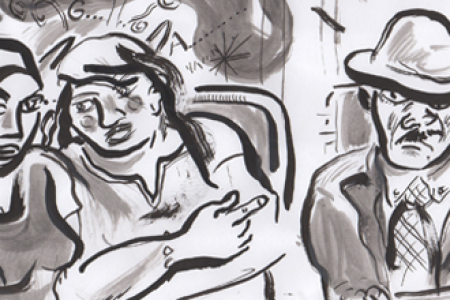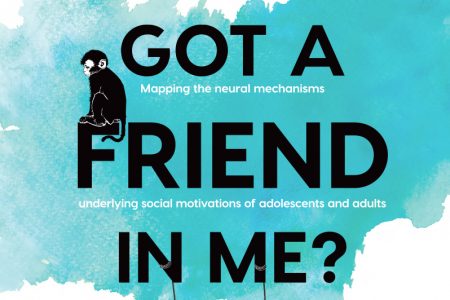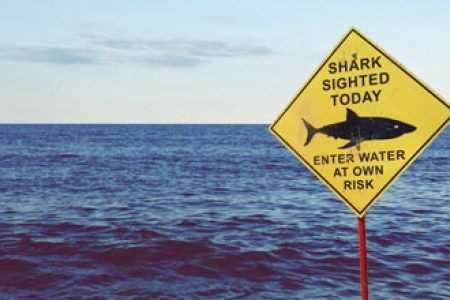Peer pressure in adolescence: Choose your friends wisely
Remember that parental favorite: 'If all your friends jumped off a cliff, would you follow them?' I’m sure many of you heard it at some point in your teenage years…
Obviously the expected answer is a fierce “No, of course not” as you’re about to leave the house (and parental supervision) to go out with your friends. Peer pressure has rather negative connotations in society and in the media. But do parents really have a valid reason to be concerned about the negative influence of peers in adolescence?
Friends and risky decisions
Research has shown that risk-taking behaviors such as smoking, risky driving and substance abuse are far more likely to occur in the presence of a group of friends than when alone (Albert, Chein, & Steinberg, 2013). And people tend to spend more waking hours with peers in adolescence than in any other stage of life, both face to face and online through social media. Facebook, Instagram, WhatsApp and Snapchat – the opportunities to contact and share with friends seem to be endless nowadays. No wonder peer influence has a profound impact on a teenager’s decision-making. Add to that the increasing need to be accepted – whether in a group of jocks, nerds, or goths – and peer pressure in adolescence starts to look like a recipe for disaster.
Prosocial behavior
Fortunately, this is just one side of the story. Those same friends who encourage a teenager to jump off a cliff might equally tell them to stay safely on the edge of the cliff, do well at school, or volunteer for an important cause. However, less attention has been paid to the effects of peer influence on the development of more adaptive behaviors, such as prosocial behavior, e.g. volunteering or cooperation. Therefore, we set up a study in which we examined peer influence on prosocial behavior.
Adolescents played an economic game in a group, in which they had to divide coins between themselves and the group. During some rounds, online peers provided feedback on these decisions with likes (Sound familiar? Yes, like those on Facebook). One peer group liked prosocial decisions, i.e., donating to the group, whereas the other peer group liked antisocial decisions, i.e., keeping coins to yourself. The findings show that the changes in prosocial behavior were dependent on the type of decisions liked by the peer group. In other words, we found that peers can both decrease and increase prosocial behavior in adolescence (Van Hoorn, Van Dijk, Meuwese, Rieffe & Crone, 2015).
Choose your friends wisely
All in all, scientific evidence shows that parents have valid reasons to worry about negative peer influence. Peers seem to have a large impact on teenagers’ decision-making. Nevertheless, there may also be a positive side to peer influence, such that it might also lead to an increase in more adaptive behaviors, such as prosocial behavior. These findings imply that hanging out with the right crowd in adolescence may actually have benefits if you choose your friends wisely.





